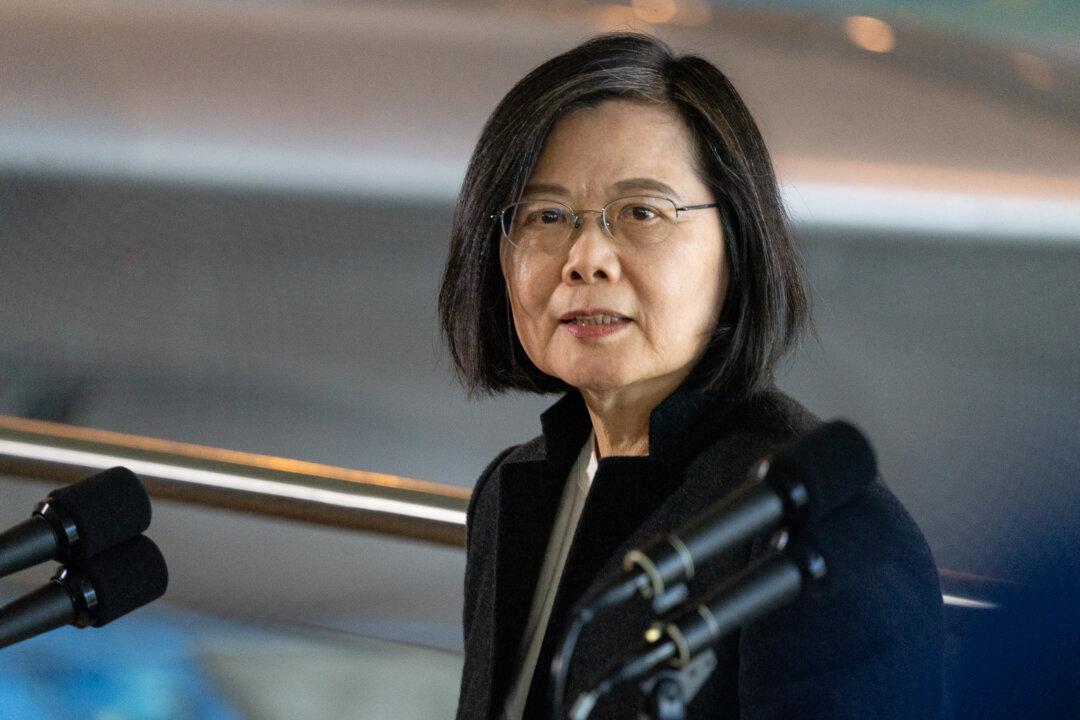Taiwanese President Tsai Ing-wen urged Australia to back Taiwan’s bid to join the Comprehensive and Progressive Agreement for Trans-Pacific Partnership (CPTPP) during a visit by Australian lawmakers.
Ms. Tsai on Sept. 26 met with a cross-party delegation of six Australian lawmakers who are on a four-day visit to Taiwan, aiming to deepen Australia’s relations with the self-ruling island.





